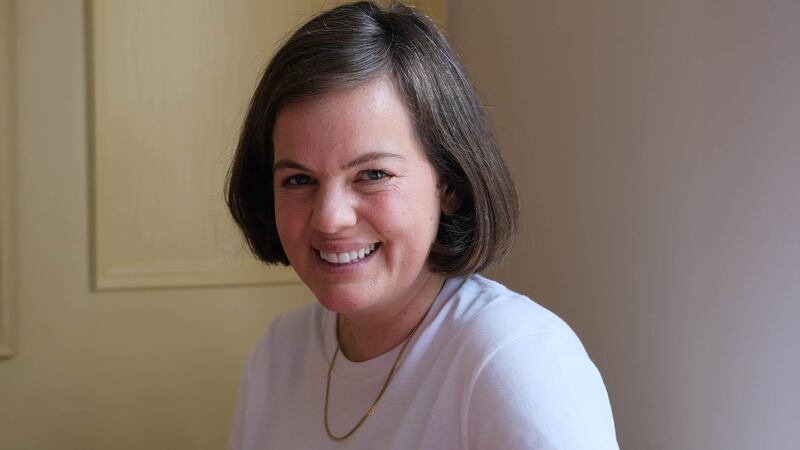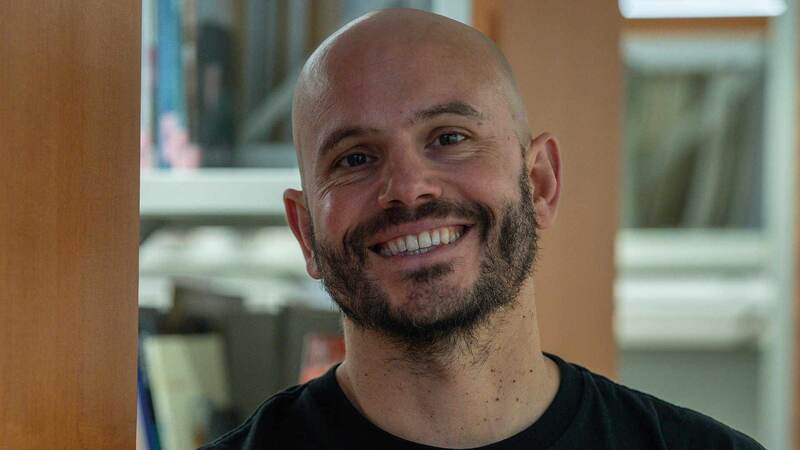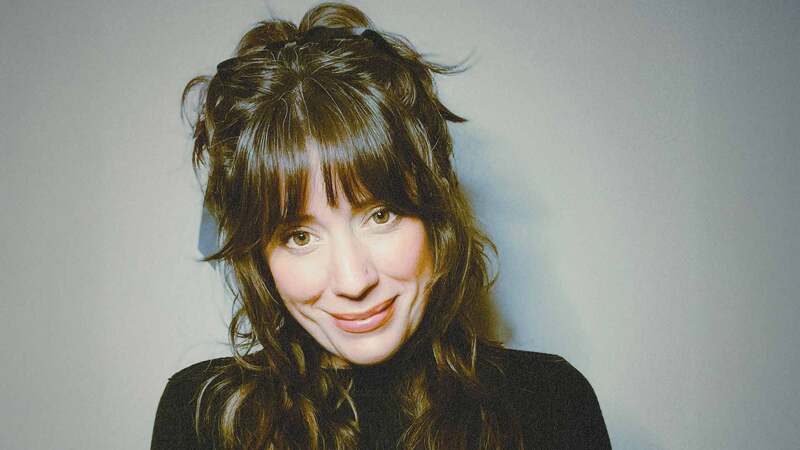You are viewing your 1 free article this month. Login to read more articles.
Jonathan Safran Foer: Throwing non-existent pebbles
Jonathan Safran Foer was in New York on 11th September 2001. He was sleeping off jet lag after returning to the city from a three-month trip to Spain, delighted to be home again, seeing familiar places and sleeping in his own bed. Then he was woken by a phone call from a friend: "He said, 'You have to turn on the TV, a plane has crashed into the World Trade Center'. And he said, 'I think it's going to be a very strange day'."
Safran Foer's debut, Everything is Illuminated, a dazzlingly inventive novel about a young American Jew returning to the Ukraine to find the woman who saved his grandfather from the Nazis, won the Guardian First Book Award in 2002. Now in Extremely Loud and Incredibly Close (Hamish Hamilton, 2nd June, h/b, £14.99, 024114213X), he tackles the events of 11th September head on through the story of nine-year-old Oskar, who has lost his father in the Twin Towers attack.
Oskar--whose narration of the novel is carried off with immense poignancy and humour--is obsessed with solving a puzzle he believes his father has left behind for him, a puzzle that involves him in seeking out everyone in New York with the surname of "Black". There is also a strong visual dimension to the book, with the text interwoven with images that range from a simple doorknob to one of the most distressing photographs from 9/11--someone leaping to their death from the Twin Towers.
Justifying the time
Currently busy on his US publicity tour, Safran Foer speaks over the phone about the perils or otherwise of tackling this subject. "It's risky, and it's not risky," he says. "I think a greater risk than biting off more than you can chew as a writer is not biting off enough. My fears when I sit down to write are not that I will over-step my bounds or that I will be insensitive with material; it's that I won't try to do something that is significant enough to justify spending hours and hours alone in a room. I'm afraid of doing something that isn't important, that isn't necessary."
He cites a conversation he had with one of his favourite writers, Turkish novelist Orhan Pamuk. "He said: 'What every novel is about always is examining the details of an individual's life, and whether you are talking about an individual in the middle of a war or pouring a cup of coffee, it's an equally important task. Because what it always ends up doing is showing us both how similar people are to one another, and how different they are from one another--and those two things are what allow for conversation and for peace.'
"So I feel like one of the reasons that I write is because the world is now so accustomed to using these capital-letter words, like America or Fundamentalism or Justice, things that speak on behalf of many things. Literature is an opportunity to use lower case-letter words and examine specifics, and the irony is that when you examine specifics you sometimes end up being able to say much more--about loss, about destruction, about war."
What are the challenges of writing a novel in a child's voice? "It's not the voice of a child exactly," responds Safran Foer. "There's this funny property of fiction that in order to create this thing that feels most real, it's usually not by actually giving the most accurate presentation of it. If I were to tape-record a nine-year-old talking and transcribe it, I have a feeling it would not necessarily work so well. It's an incredibly strange thing the more I think about it--a lot of the time you have to tell insane lies in order to express truth."
He compares it to the idea of throwing a non-existent pebble into a pond, and getting real ripples in the water. "When you write a book it's not a real thing, but the ripples are real. I've read books that have literally changed my life--my moral sense is different, my sense of humour is different. These things have very real implications for the rest of the world. I treat people differently. I spend my money differently. All because of these non-existent rocks that were thrown into a lake."
In love with art
He cites Rilke's The Notebooks of Malte Laurids Brigge and Garc









